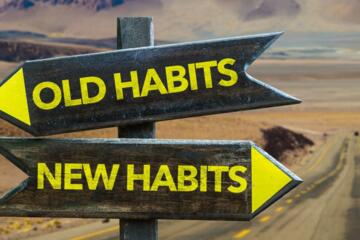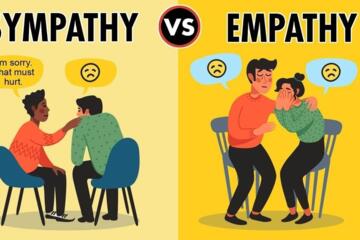Sleep isn’t just "doing nothing." It's a highly active biological process during which your brain and body go through multiple stages of restoration.
The Sleep Cycle: A Quick Breakdown
Each night, your body cycles through four main stages of sleep:
-
NREM Stage 1 (Light Sleep): A brief transition phase where your body starts to relax.
-
NREM Stage 2: Brain activity slows, heart rate drops, and your body temp decreases.
-
NREM Stage 3 (Deep Sleep): This is the most restorative stage—tissues repair, immune functions strengthen.
-
REM Sleep (Rapid Eye Movement): Your brain becomes active, dreams occur, and memory consolidation happens.
Each cycle lasts about 90 minutes and repeats 4–6 times a night. Quality sleep requires going through all stages repeatedly—not just time spent in bed.
Why Do We Need Sleep?
Sleep isn’t a luxury—it’s biological maintenance. Here’s how it keeps you running:
1. Cognitive Function
Sleep is your brain’s "save and reboot" function. During sleep, especially REM, your brain processes emotions, consolidates memories, and clears waste products like beta-amyloid, which is linked to Alzheimer’s.
Lack of sleep = poor concentration, bad memory, and decision-making errors. That’s not just annoying—it’s dangerous, especially when driving or working.
2. Emotional Health
Ever feel more anxious or irritable after a bad night? Sleep deprivation heightens emotional reactivity. That’s because the amygdala (emotion center) goes into overdrive, while the prefrontal cortex (logic center) gets sluggish.
Getting enough rest helps regulate your mood and reduce the risk of anxiety and depression.
3. Physical Repair
During deep sleep, your body repairs muscles, regenerates cells, and releases growth hormone. Chronic sleep loss weakens your immune system, increases inflammation, and raises your risk of heart disease and diabetes.
4. Weight and Metabolism
Sleep affects hormones like ghrelin (hunger) and leptin (fullness). Skimping on sleep tricks your body into thinking it’s hungry—even when it’s not—and slows down your metabolism.
No wonder late-night snacking feels irresistible after a sleepless night.
How Much Sleep Do You Really Need?
Here’s a general guideline from sleep experts:
-
Adults (18–64): 7–9 hours
-
Teens: 8–10 hours
-
Children: 9–12 hours
-
Older adults (65+): 7–8 hours
The key isn’t just duration—it’s consistency and quality. Six hours of uninterrupted, deep sleep can be better than eight hours of tossing and turning.
Common Sleep Problems and How to Fix Them
Struggling to get good sleep? You’re not alone. Here are some real-world tips that can help:
1. Can’t Fall Asleep?
-
Stick to a regular sleep schedule—even on weekends.
-
Avoid screens an hour before bed (blue light suppresses melatonin).
-
Try calming routines like reading, stretching, or deep breathing.
2. Wake Up Tired?
-
Limit caffeine and alcohol, especially after 2 p.m.
-
Check your sleep environment: Is your room cool, dark, and quiet?
-
Make sure your mattress and pillows support your body properly.
3. Wake Up During the Night?
-
Avoid heavy meals before bed.
-
Manage stress with journaling or meditation.
-
If you wake up and can’t fall back asleep within 20 minutes, get up and do something calming in dim light—then try again.
The Link Between Sleep and Long-Term Health
Long-term sleep deprivation isn’t just tiring—it’s deadly serious. Research links poor sleep with:
-
Increased risk of heart disease and stroke
-
Higher likelihood of Type 2 diabetes
-
Cognitive decline and dementia
-
Depression and anxiety
-
Impaired immune function
The good news? Prioritizing sleep is one of the simplest ways to boost your overall health—without needing a gym membership or a complicated diet.
Practical Habits for Better Sleep
If you want to sleep better, start with these habits:
-
Set a bedtime alarm to remind yourself to wind down.
-
Get morning sunlight—natural light helps reset your circadian rhythm.
-
Avoid naps over 30 minutes if you struggle with nighttime sleep.
-
Keep a sleep diary to track what’s working and what’s not.
-
Seek professional help if problems persist—sleep disorders like insomnia or sleep apnea are treatable with expert guidance.
Final Thoughts: Sleep Is Non-Negotiable
We often treat sleep as a luxury, something we can "catch up on" later—but science says otherwise. Sleep is not a passive break from life. It is life.
Next time you’re tempted to stay up late scrolling or squeeze in one more task, remember: quality sleep fuels everything—your focus, your mood, your health, your longevity.
So be kind to yourself. Power down, tune out, and drift off. Your brain and body will thank you.








